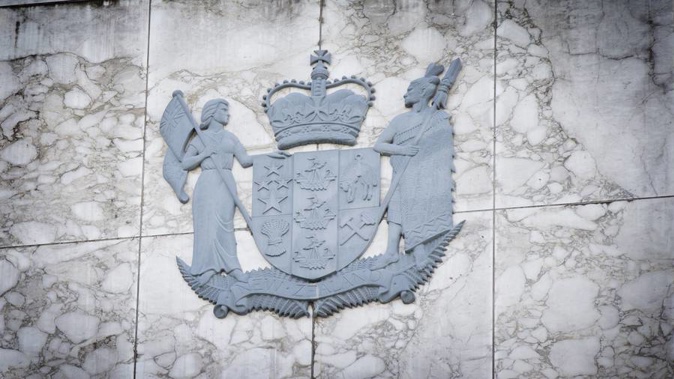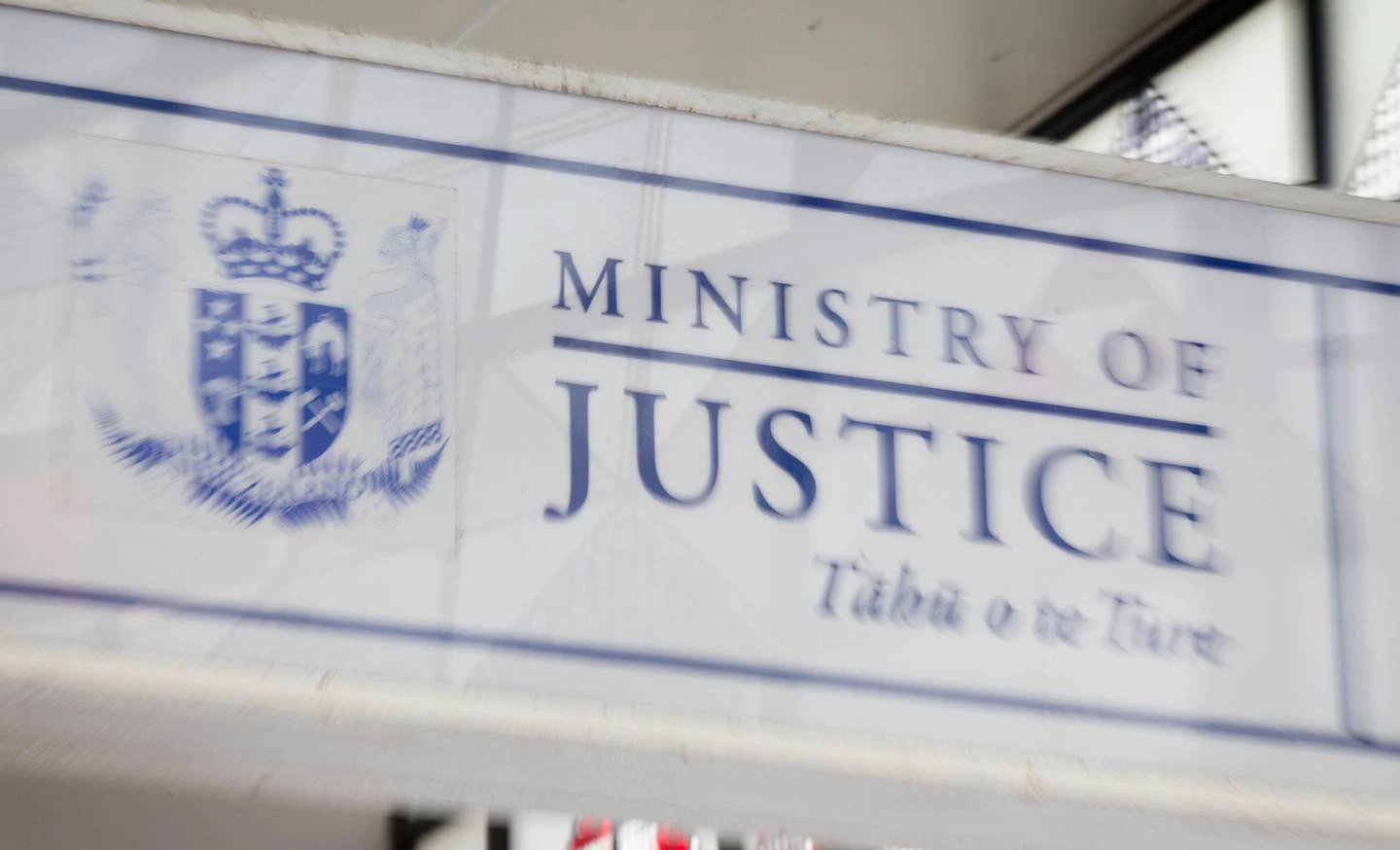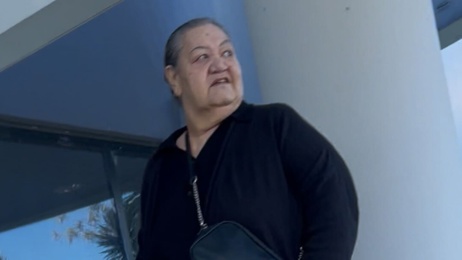

At 11.59pm on Sunday, New Zealand moved to red on the traffic light system to cope with the spread of Omicron. Here's what you need to know about how to access the country's courts during the next weeks.
What is happening with courts this week?
From today until Friday, courts will continue to operate under transitional Covid-19 protocols. Under red, court work will be done remotely where possible using audio-visual links, to limit the number of people required to attend court in person although the presiding judge may direct otherwise.
Which appearances will go ahead?
Under red, courts will largely operate with similar restrictions to level 3 and 4. In red areas, District Court matters considered priority proceedings will be conducted remotely where possible in the Criminal, Family, Youth and Civil jurisdictions. Criminal cases to be conducted remotely include first appearances, bail applications and appeals, custodial remands, conviction and sentence appeals, case review hearings, sentence indications, and pre-trial matters. Sentencings and arraignments of defendants on bail will take place in person where appropriate. Tribunals will also continue with limited numbers.

Courts operating under red this week will limit the number of people required to attend in person. Photo / NZME
Do I need to be vaccinated to enter court?
From January 31, the courts will operate under the Covid-19 Protection Framework protocols which allow for increased in-person attendance at court. This includes either showing your My Vaccine Pass or proof of a recent Covid-19 negative test. People who are required to attend court in person for a summons, legislative requirement or judicial direction, will be allowed to enter the building without showing a My Vaccine Pass or providing evidence of a negative test, however their entry may be subject to special measures. There will be no Covid-19 testing at courts. Attendees also need to scan in, wear face masks and socially distance one metre from others.
When will jury trials resume?
Jury trials in the District Court will resume on January 31 and in the High Court on February 8.
Do I need to be vaccinated to be on a jury?
Jurors attending court from next week must show a vaccine pass or provide evidence of a negative Covid-19 test taken within 72 hours of attendance or a rapid antigen test administered within 24 hours of attendance. Those summoned to jury service who do not meet the above requirements will be subject to separate arrangements with appropriate health and safety measures put in place by the Ministry of Justice. Those who are not fully vaccinated or not willing to undergo regular Covid-19 screening may ask before attending court to have their jury service deferred. If someone has experienced changes to family or financial circumstances as a result of the pandemic, or if they have health and safety concerns, they can request their jury service be excused or postponed.
Can friends and family attend hearings and trials under red?
Physical entry to the court is restricted during transitional protocols in Red and will be limited to members of the judiciary, Ministry of Justice staff, counsel, media, defendants, and some others. Defendants on bail, victims and members of the public including a whānau support person whose presence is not required at court cannot enter unless granted permission by the presiding judge. This should be sought in advance through an email to the Registrar or by requesting permission outside the courthouse on the day of the hearing, to be decided by the judge.

Chief Justice Dame Helen Winkelmann says courts and the Ministry of Justice have taken account of Omicron during planning for court operations in 2022. Photo / Mark Mitchell
Will some cases be delayed?
Between August 18 and mid-October last year, when parts of the country including Auckland and the Waikato were in a level 4 and 3 lockdown for months, more than 44,000 High and District Court proceedings and 400 jury trials were adjourned or rescheduled.
Almost half of those proceedings were in Auckland while the national average wait time for a jury trial is 305 days, or 10 months.
On Sunday Chief Justice Dame Helen Winkelmann said the courts and the Ministry of Justice had taken account of the probability of an Omicron outbreak in their planning for court operation this year.
"Our focus in the last month has been on making sure the courts can continue to administer justice, with the minimum of disruption and delay possible, in the face of an Omicron outbreak.
"To this end, we have taken steps to put in place strong public health measures in our court buildings.
"We will keep all arrangements under review as this current phase of the pandemic evolves so that court operating protocols continue to be fit-for-purpose."
- by Natalie Akoorie, Open Justice
Take your Radio, Podcasts and Music with you









